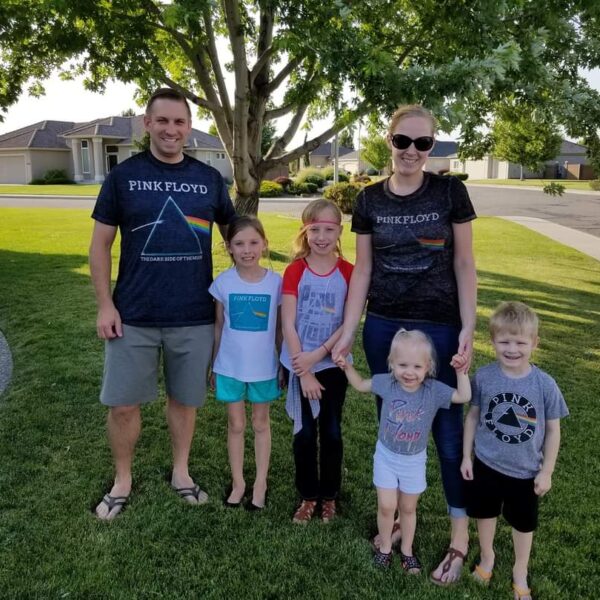In most families, the parents dream of leaving a legacy to their children. Of course, the parents want to create a legacy in terms of intrinsic family values and ethics and professionalism. The parents may also often want to create a legacy in terms of material (real) property. Sometimes it takes the form of a farm. Sometimes it takes the form of seasonal or vacation property. Sometimes, it takes the form of a commercial building or residential rental property. It’s the second form of a legacy – the real property kind – that can cause the most unanticipated problems when received by multiple new owners (the children).
Let’s look at an example. Assume mom and dad want to leave property x (farm or vacation property or seasonal vacation home or whatever you wish) equally to their four kids to allow the kids the continued enjoyment of the property (whether it be the actual use of the property for a vacation or seasonal residence or the income from the property for income-producing property). So, each child is given an undivided 25% interest in the whole. Each therefore is individually a minority interest owner and part owner of the whole.
This type of arrangement can lead to increased liability exposure for everyone. A property owned by four owners could subject each owner to shared liability for injuries suffered thereon (according to land owner duty and property law categories of guests – see previous article on attractive nuisance for more). So, if one of the children/owners uses the property or allows friends to use the property and an injury occurs, the injured party might be able to hold all four owners liable for the damages. The potential for shared liability can be mitigated through the use of entities – limited liability companies, limited liability partnerships, or corporations. But, that also increases the complexity of the arrangement.
Any bickering among siblings is likely to increase rather than decrease after the death of the parents and especially when the siblings are forced to work together on a joint enterprise. The reality is that as the family tree grows, a person tends to focus on and favor the vertical (lineal descendants) rather than the horizontal (siblings). At the same time that this increases the likelihood that the parents will want to leave a joint property gift to their children, it also increases the likelihood that the children will likewise want to focus on their own lineage rather than the continued cooperation with siblings for the joint use of property.
If it is recreational property, one or more might live far enough away where its use is not practical. One might not be as well off financially and yearn for the cash the sale of the property would bring. One might have different interests and want to exchange ownership of (say) the family farm for (say) ownership in a coin-operated laundry…or a new house…or a car.
The fractionalization gets more difficult over time. Even when the children ostensibly want the inherited property to share, fast forward five or ten or twenty years, and things change. Perhaps one of the children who inherited got divorced. Now is the ex-spouse the joint owner of the property? Perhaps one of the children passed away and now her four children are each 1/16 owners of the property further increasing the potential for shared liability and exacerbating the challenges of unanimous actions.
Consider what property was important to your grandfather. Imagine that your grandfather had left that to your father and his siblings. Would your father and his siblings have made good and productive or enjoyable use of the property? After your father’s passing, would you want to own that property now with your cousins? Or would the family tree be better served with each individual inheriting assets that don’t depend on cooperation with others. I posit that in most circumstances, it is better to not create jointly owned property interests.
Is there a solution? There is no singular solution. But, I find in many circumstances it is best to let your named executor in your will handle it. He or she is charged with making fair and equitable distributions of all property in accordance with the will. Typically, this would mean that the executor would (but need not) involve the other heirs and ask questions like “does anyone want to own this property or should I just sell it?” And if there is one taker, the executor can push other assets to the other heirs to equalize value. If more than one wants the property, the executor can help set up a mechanism (like perhaps a limited liability company owning the asset with defined rights and obligations of the members) to distribute the property to the requesting heirs. This approach finds the best solution at the appropriate time.
390420-2
* Licensed, not practicing.
The opinions voiced in this material are for general information only and not intended to provide specific advice or recommendations for any individual or entity. This information is not intended to be a substitute for specific individualized tax or legal advice. We suggest that you discuss your specific situation with a qualified tax or legal advisor.
Securities offered through LPL Financial, Member FINRA/SIPC. Investment Advice offered through Cornerstone Wealth Strategies, Inc., a registered investment advisor and separate entity from LPL Financial.












